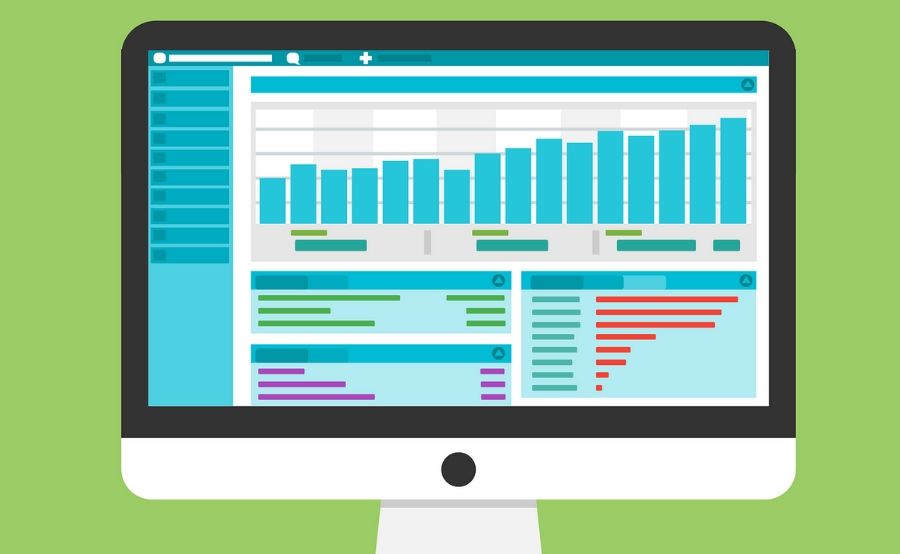
Cloud computing is an important advancement in the delivery of information technology and services. By providing on-demand access to a shared pool of computing resources in a self-service, dynamically scaled and metered manner, cloud computing offers compelling advantages in cost, speed, and efficiency.
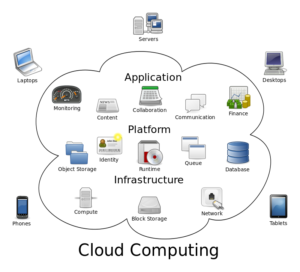
In this blog post, I am going to share a few key data conversion differences between Oracle Cloud and Oracle EBS and how to do data conversion of a particular entity with an example.
Generally, we follow step by step process to load data from a legacy system. However, a few of the steps remain the same, but there are certain steps simplified in Oracle Cloud. Oracle Cloud empowers functional consultants to perform the entire conversion tasks with minimal technical expertise.
What we did in Oracle EBS
The ideal way to perform data conversion in EBS is listed below.
- Create data templates for the entity to be converted
- Share with business
- Collect legacy data from business
- Share the legacy data with technical consultants
- Convert data templates into CSV formats
- Create staging tables
- Code to move the data from CSV to staging tables
- Validate the code
- Populate the data in open interface tables
- Import the data into base tables
What we do in Oracle Cloud
However, the entire data conversion in Oracle Cloud is handled through data templates which automatically validates data, and errors are handled in an efficient manner.
Listed below are steps followed in Oracle Cloud to perform data conversion –
- Download the templates
Download the template from Oracle repository as shown below
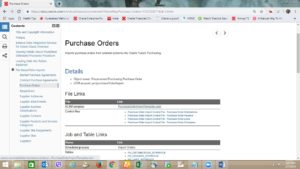
Collect the data as per the individual template
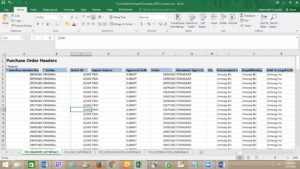
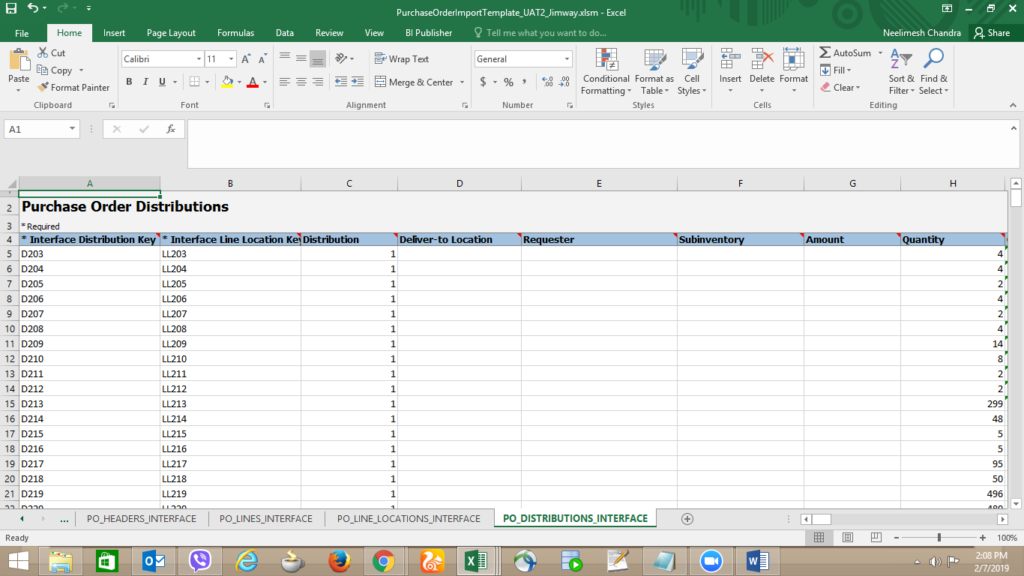

- Convert these data templates into CSV file formats
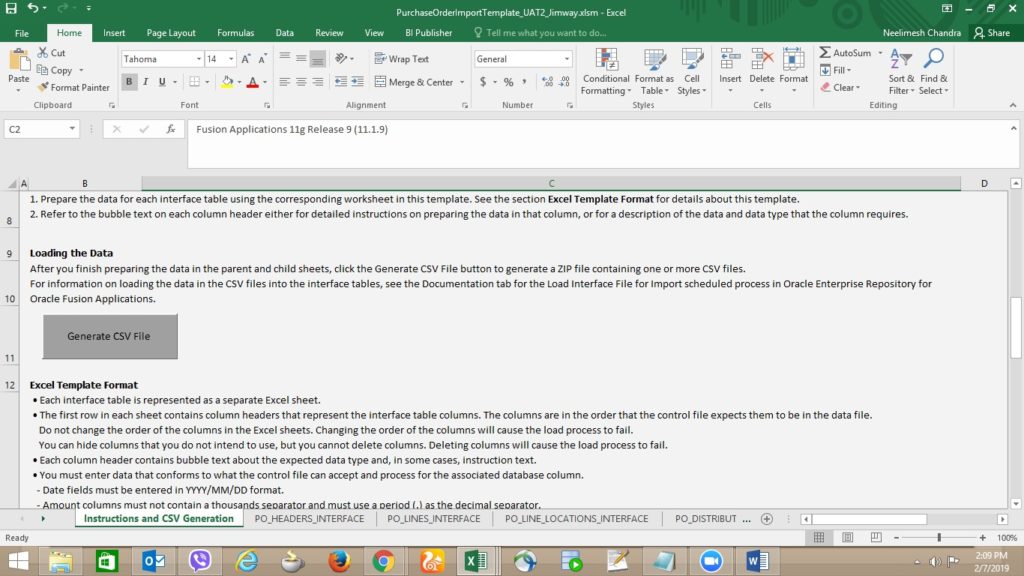
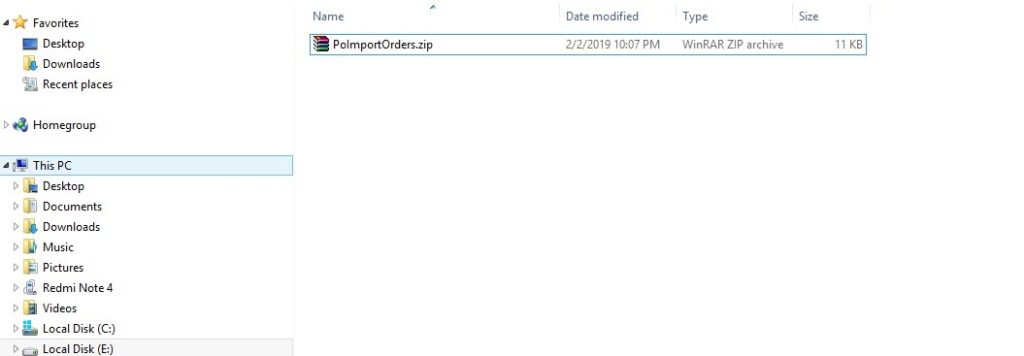
- Load CSV file into UCM and Populate data into open interface
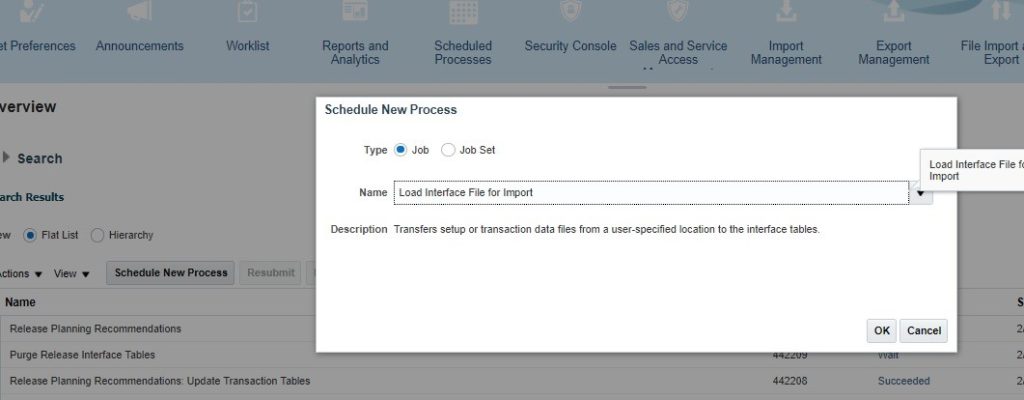
- Import validated data into base tables
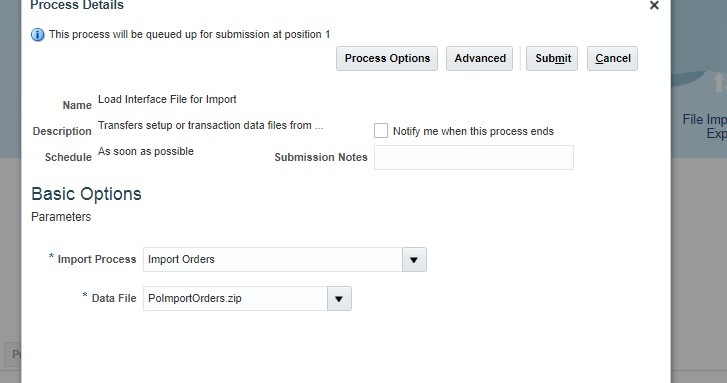
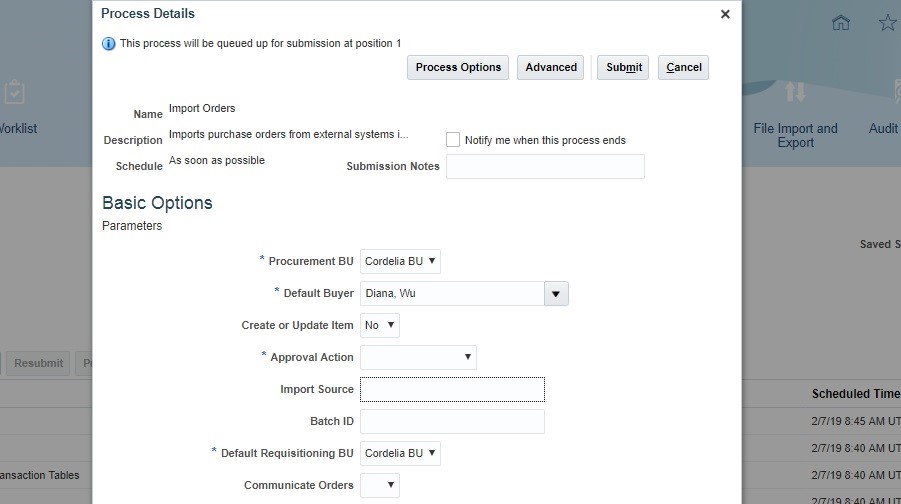
File-based Loader (FBL) is a data conversion utility that will load data from a standard flat file. It loads complex business entities like Purchase Order, Sales Order, etc. It also supports date effective history and high volume for full data conversion of supported objects.
About the Author

Neelimesh is working as Senior Technical Consultant and has exposure on Oracle Technologies such as Oracle Applications, Database, and Cloud.

